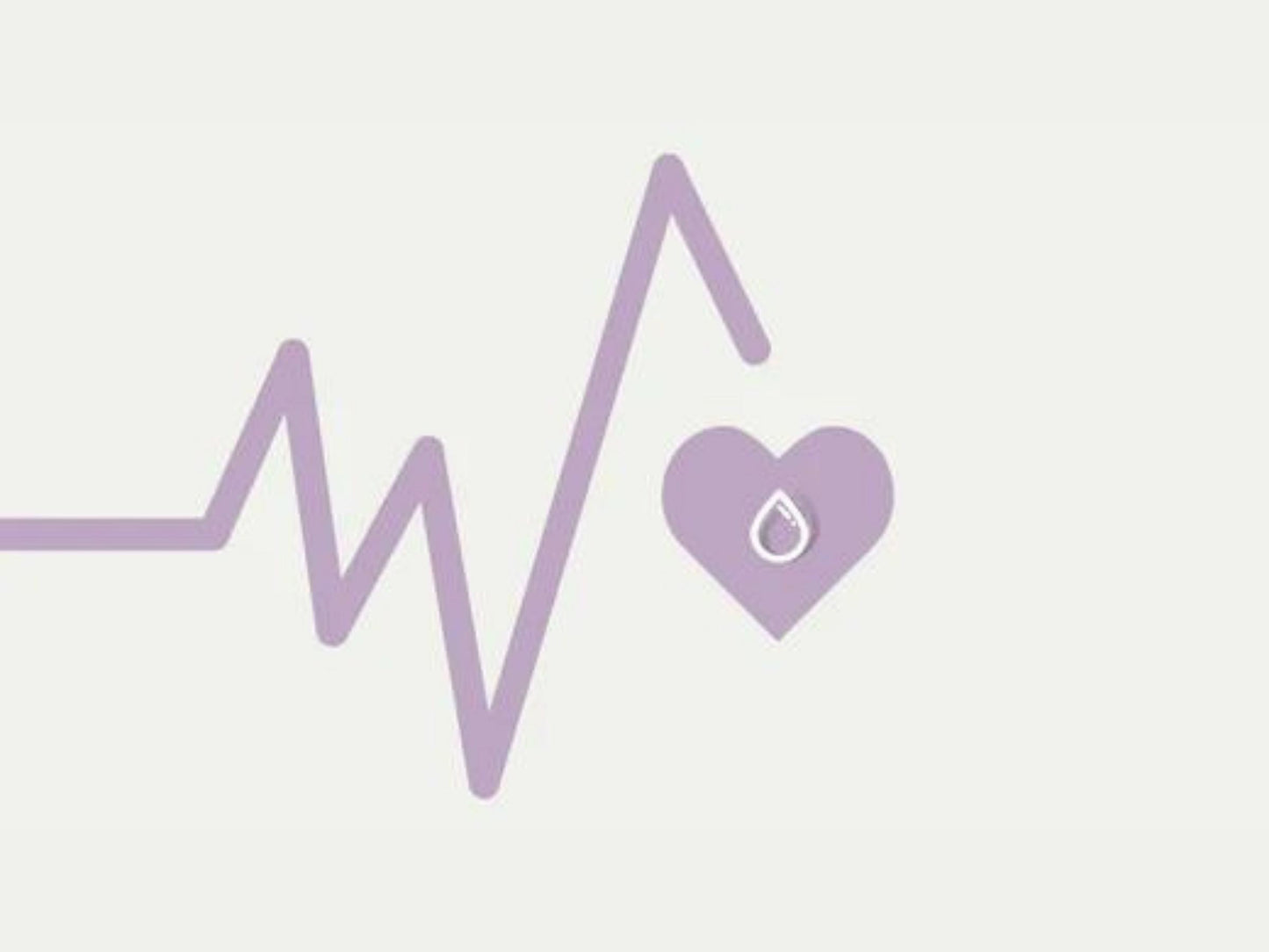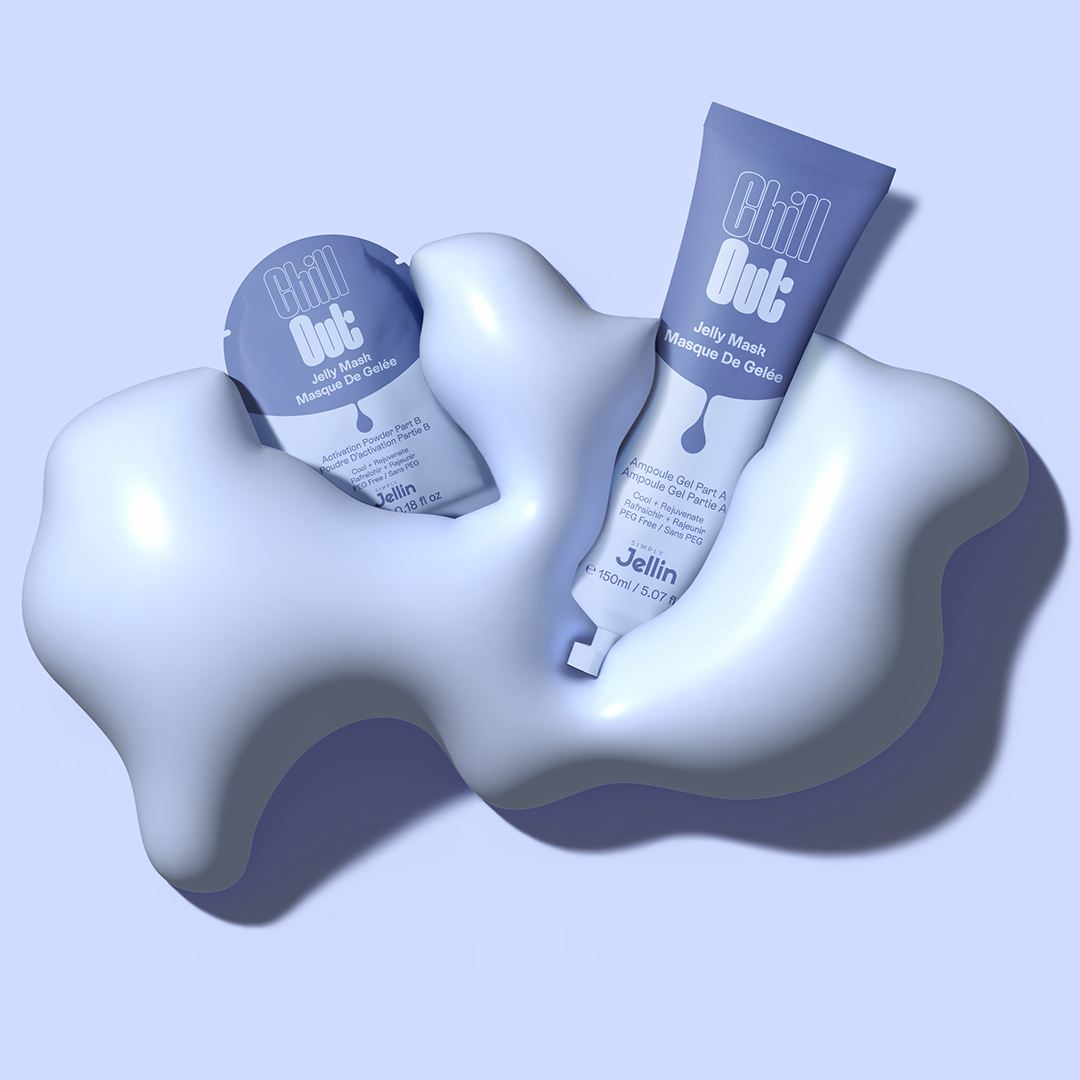
World Health Day: What Is Your Skin Trying To Tell You?
Let's be honest: Every day should be World Health Day. Though today is a day set aside to honor various aspects of the health sector, it's vital to remember that your overall health and well-being should be a year-round concern.
At Simply Jellin, we’re ready to be a part of positive change forward towards a new standard of living. A standard of sustainability for ourselves and our planet. We understand how important the skin is and the important role it plays in telling us what we need to know about our health.
Your skin will continuously find ways to notify you when anything is wrong within you, just as you can tell when you are ill through certain symptoms.
Keep in mind that your skin is the most accurate depiction of your internal state. That's why you should pay a lot of attention to it.
This is what it might be trying to tell you...
#1 YOU SHOULD WATCH YOUR DIET!
CHANGES TO THE SKIN: Acne, which is the most common skin condition. It is caused by pimples, blackheads, whiteheads, and cysts.
WHAT MAY BE THE CAUSE: Having too many foods that are bad for you or not good for you can cause your body to be out of balance.
As a teenager, your body produces more oil because of a surge in testosterone and other androgens. This causes your skin to become oilier.
As with most long-term illnesses, adult acne is often linked to what people eat. It has been linked to hormonal changes, gut-level inflammation, and microbiome imbalances, and it is a common symptom of food intolerances and a lot of other things.
#2 YOUR THYROID IS UNDER-ACTIVE
CHANGES TO THE SKIN: Dry, itchy skin.
This could mean that your thyroid isn't working as well as it should, which could make your skin dry and itchy.
Your skin and hair are affected when your thyroid isn't functioning properly, as it regulates hormones in the body.
An under-active thyroid will make your skin dry and itchy. It will also make it look and feel like it has lost its elasticity and is almost like a dough.
Tiredness, thinning of the eyebrows, weight gain, muscle aches, and depression are other things that can happen, too.
Your doctor can treat thyroid problems with hormone replacement tablets, so let them know if you have any questions.
#3 YOU HAVE ECZEMA
CHANGES TO THE SKIN: Scaly and sometimes blistering rash that is itchy and uncomfortable. It is most common on the face, hands, feet and behind ears but can also appear on the crooks of knees and elbows.
WHAT MAY BE THE CAUSE: Food sensitivities, microbial imbalances, or other problems in the gut could be to blame. These things could cause an immune response.
Eczema is a condition that affects around 30 million people in the United States. It can be caused by an outside irritant, like an environmental toxin. Alternatively, it may be caused by an internal issue.
Many other things can cause eczema, like the gut and immune problems, which can then be caused by food allergies or other things that happen in your daily life.
People with food-based triggers can often get rid of their eczema symptoms without taking medicine if they don't eat any of the foods for six to eight weeks.
#4 YOU MAY HAVE DIABETES
CHANGES TO THE SKIN: You may have waxy or yellow lumps on your skin.
WHAT MAY BE THE CAUSE: Having high cholesterol or having trouble with insulin can cause people with diabetes to have hard, yellow, waxy bumps on their skin.
Skin problems might be the first indication that someone has diabetes because diabetes affects every area of the body. These will be small, itchy bumps that form in groups.
Watch out for the more common symptoms of diabetes, such as excessive thirst and the need to urinate frequently.
Always stay observant, clear your eyes and pay attention to what your skin is trying to tell you. When you need to act quickly, your skin will assist you.
Wishing you a Happy World Health Day!!! xoxo


